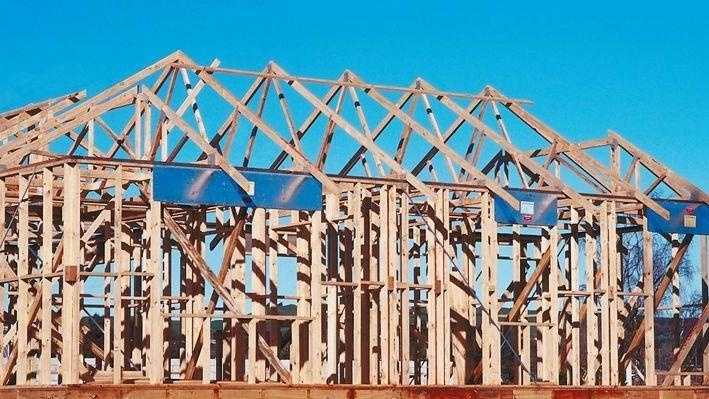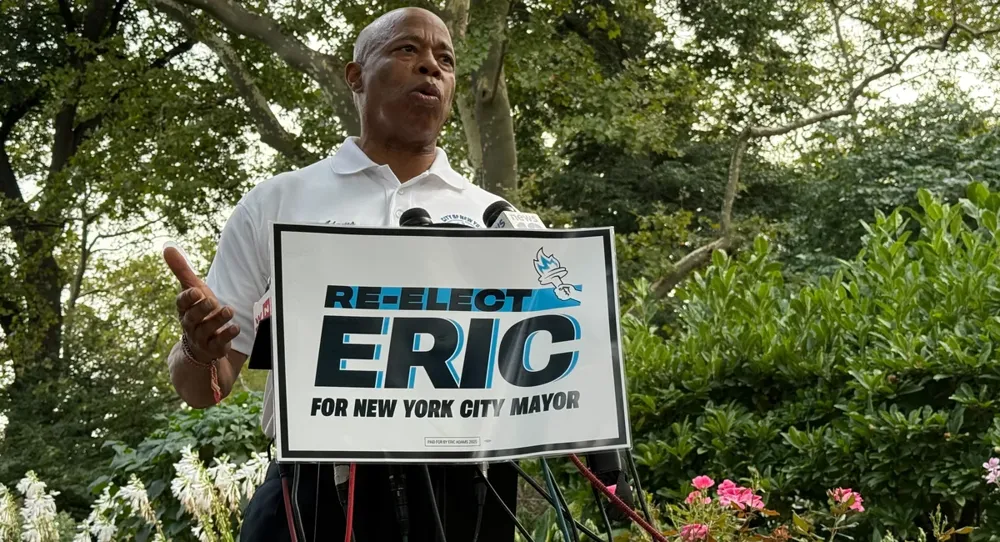US job growth weakens; immigration enforcement adds to strain

The U.S. labor market is showing signs of cooling, with only 22,000 positions added last month, far below expectations, and the unemployment rate climbing to 4.3 percent, the highest level since the pandemic.Labor Department revisions also showed June's job total was negative, with employers cutting 13,000 positions, another first since the pandemic."U.S. labor market deterioration intensified in August,’' Scott Anderson, chief U.S. economist at BMO Capital Markets, wrote in a commentary, noting that hiring was “slumping dangerously close to stall speed. This raises the risk of a harder landing for consumer spending and the economy in the months ahead."Factories and construction companies, which often rely on immigrant labor, are leading the decline. White House Economic Adviser Kevin Hassett acknowledged the impact of immigration policies, saying, “If the sort of supply of new illegal immigrants goes to zero, as it has, then there won't be non-native-born workers taking a whole bunch of jobs from native-born workers. And so that, that is an issue that the supply of new labor has certainly gone down a lot because of the closed border.”Against this backdrop, Homeland Security announced the largest single-site immigration raid in its history, with more than 400 workers detained at a Hyundai electric vehicle plant in Georgia. While the raid was not directly tied to the jobs report, experts say actions like this disrupt industries already struggling with staffing.Ken Simonson of the Associated General Contractors of America explained, "Immigration enforcement actions can be very disruptive. When ICE agents show up at a work site, take away sometimes dozens of workers, as has been the case in several states — or just the rumor of them, imeans that workers leave a job in mid-progress, or they don't show up when expected. That really disrupts all of the subsequent stages in construction."Economists stress that immigration enforcement is only part of the story. High interest rates, automation, and tariff uncertainty are also weighing on hiring. With the deteriorating labor market report, there is growing optimism for an interest rate cut when the Federal Reserve meets in two weeks, a move President Trump has advocated for months.Watch more coverage from the Washington News Bureau:

